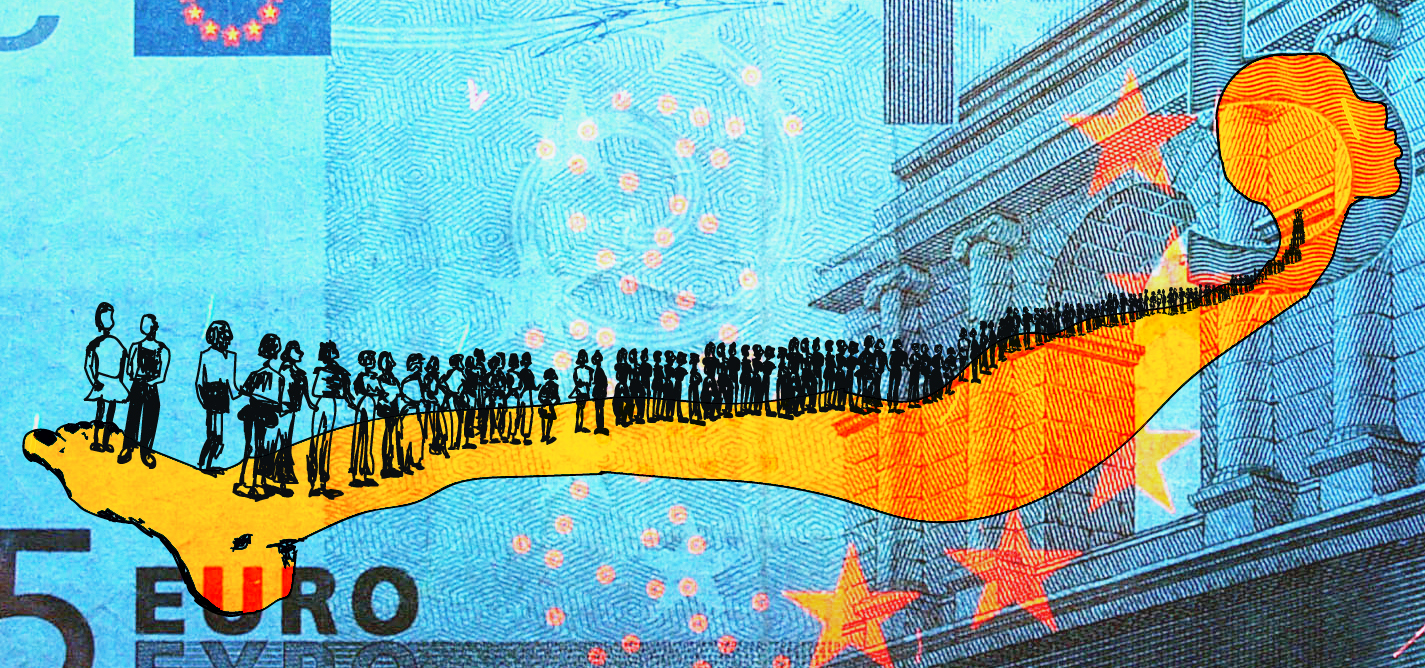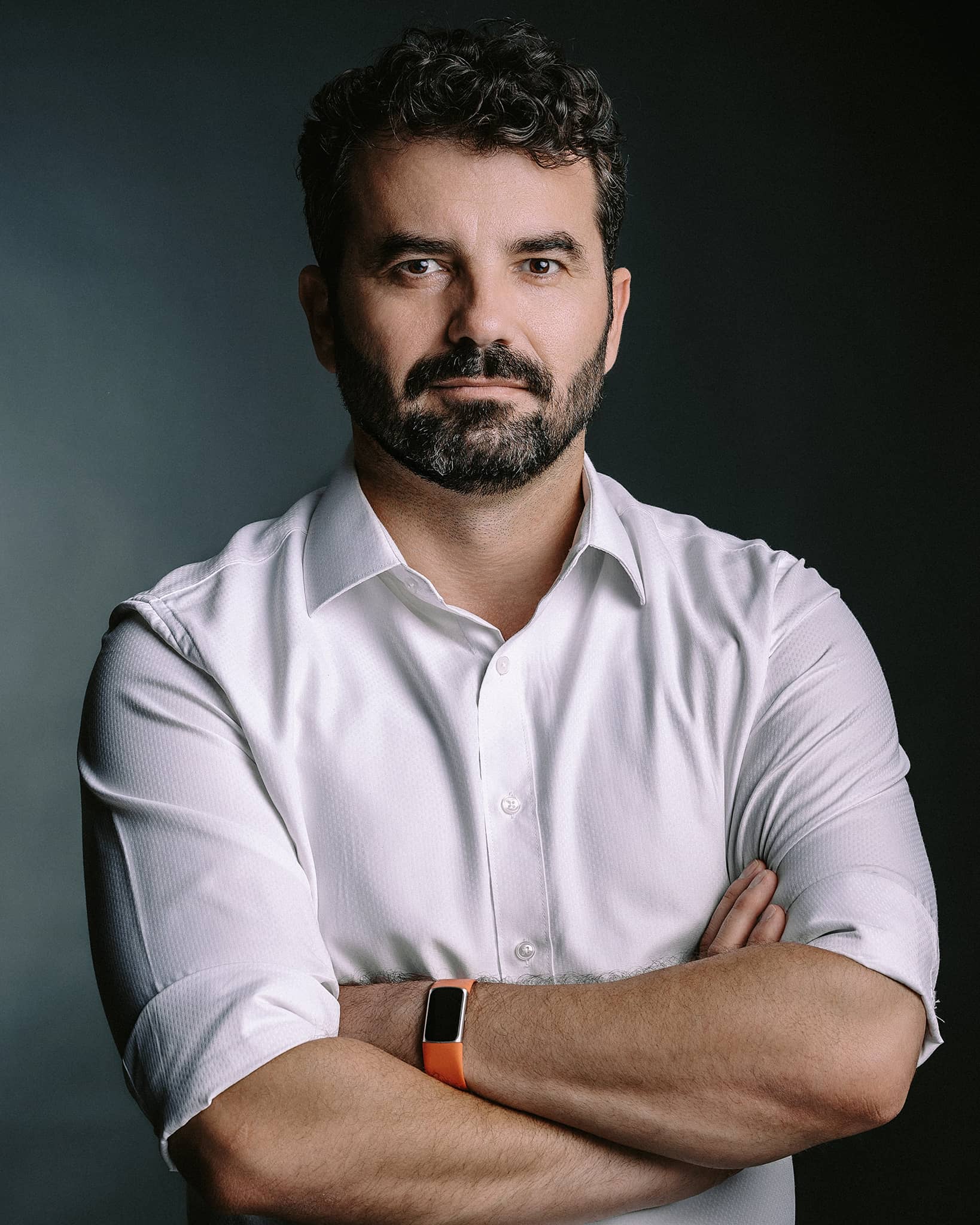
The PAN government years have been lost years
To put a stop to ‘voting with their feet,’ citizens must start ‘voting with their heads.’
In the first quarter of 2019 there are fewer employed people in Kosovo than in 2017, when the PAN Coalition started its mandate.
A huge percentage of the population is voting every day — with their feet. From 2007 to 2018, Kosovo lost 15% of its population due to migration.

Agron Demi
Agron Demi is a civil society activist and the founder and executive director of the Atlas Institute.
DISCLAIMERThe views of the writer do not necessarily reflect the views of Kosovo 2.0.
This story was originally written in Albanian.